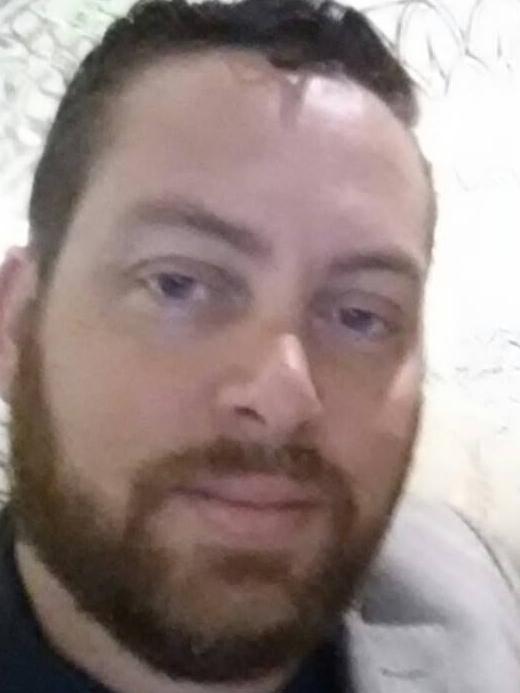‘Not fair and reasonable’: Hospital worker acquitted of filming girl in shower wins two years’ back pay from employer
A hospital worker acquitted of filming a teenage girl in the shower has secured a major court win against his employer.

A Queensland hospital has been ordered to reimburse an employee nearly two years of lost wages after he was suspended without pay while facing criminal charges that he was ultimately acquitted of.
Brian Arthur Campbell Mathers, a cook supervisor at Redcliffe Hospital, was initially charged by police with possessing and making child exploitation material back in February 2022. Police alleged that he had filmed a teenage girl in the shower of a home in Newport, north of Brisbane, allegations he denied.
The Office of the Health Ombudsman informed the Metro North Hospital and Health Service (MNHHS) of the charges – resulting in Mr Mathers being suspended with pay that same month.
An order from the Ombudsman was then issued a month later, forbidding him from providing any health service “in either a paid or unpaid … clinical or non-clinical capacity”.


Because of this, Mr Mathers was then suspended without remuneration from March 21, 2022 until May 2024.
A jury in May 2024 ultimately found Mr Mathers not guilty on two charges of making child exploitation material and one count of possessing child exploitation material and he was acquitted.
After Mr Mathers wrote to the hospital informing them of the verdict, the Ombudsman’s order was revoked and he returned to work in August 2024, requesting reimbursement for the period of his unpaid suspension.
But Queensland Health refused this, with correspondence from MNHHS chief executive Jackie Hanson determining the Ombudsman’s order was “justified”.
“These restrictions prevented you from engaging in any work capacity, including alternative duties, transfers or other work arrangements with any health service. As a result, you were not available to work for Metro North Health during the period of suspension without remuneration for reasons other than your suspension,” Professor Hanson wrote in her correspondence to Mr Mathers.
“The order remained unchanged during your suspension without remuneration, preventing you from working in any capacity.”
In submissions to the Queensland Industrial Relations Council, Mr Mathers argued that the order was part of his suspension and he remained “at hand” and available to work.
He sought a full reimbursement of the pay for the duration of the two years he was on suspension.

In a bombshell move, QIRC commissioner Christopher Gazenbeek in May allowed the appeal and ordered the hospital to reimburse Mr Mathers of the amount he was deprived.
Part of the Ombudsman’s order involved Mr Mathers being “required to remain willing, ready and able to attend work if required”, the published judgment states.
“Throughout his period of suspension, the appellant received several reminders of the requirement that he ‘remain ready, willing and able to attend work if required’,” Mr Gazenbeek said.
“In my view, the terms of that condition further support that the appellant was available for work throughout his suspension without remuneration, notwithstanding the effect of the interim prohibition order.”
Mr Gazenbeek said the decision to suspend Mr Mathers without remuneration
was “not fair and reasonable”.
In a separate QIRC matter, Mr Mathers failed to overturn a reprimand by Queensland Health after he did not inform his employer of the charges and that he had appeared in court.
Commissioner John Dwyer said he had some degree of sympathy for Mr Mathers due to the “unique dilemma” of wanting to protect his privacy in circumstances where he had not been convicted of the charges.
“He believed (apparently correctly) that he would not be convicted and, given the matters did not arise in the context of his employment, he elected to conceal them,’ Mr Dwyer wrote.
“The stigma of merely being charged with criminal offences can have a lasting detrimental impact on professional and personal relationships.
“(But) I do not consider that he took all steps reasonably open to inform himself of his obligations. Even if I am wrong about that, I do not consider that the legal advice or the absence of policy specific training relieved him of his obligation to comply with the policy.
“While I accept that his noncompliance was not a deliberate act of deceit, and that his failure to comply with the policy was not entirely his fault, I am unable to be satisfied that these factors render the decision unfair and unreasonable.”

